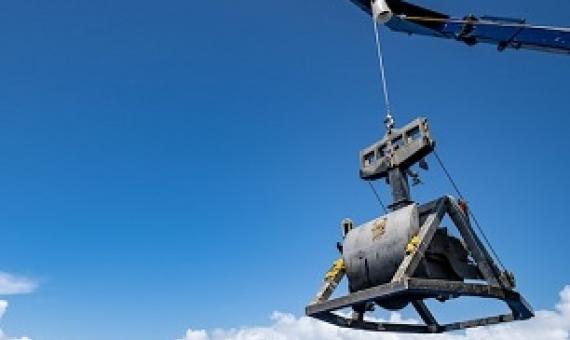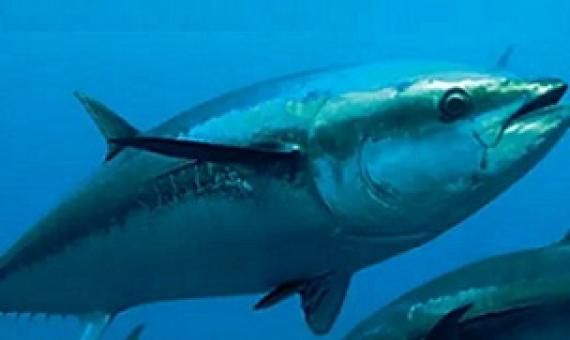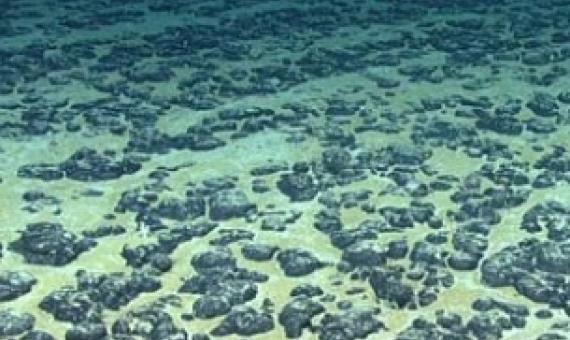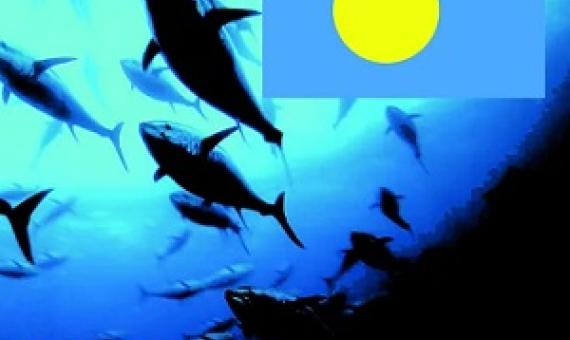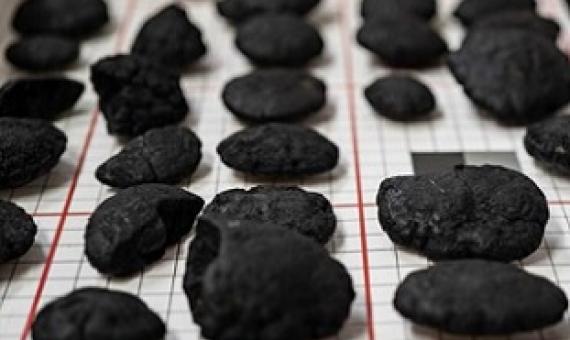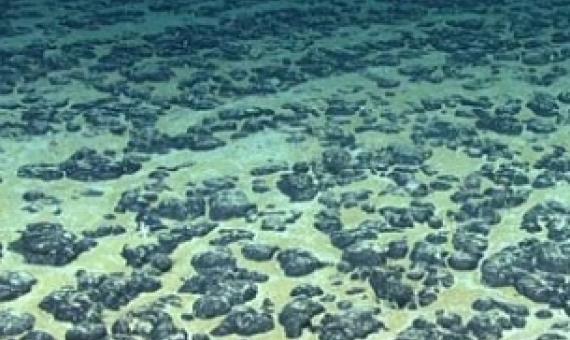10th Pacific Islands Nature Conference 2020: Deep Connections – Pacific Communities and Deep Sea Mining (Video)
Pacific cultures have evolved with the ocean as a constant centrepiece and fish and seafood as corner stones of food security and livelihoods in the region. Today as much as ever, Pacific households, communities and countries rely upon a healthy and abundant ocean. Our global ocean is changing through acidification, warming, pollution, destructive fishing and biodiversity loss. In recognition of our reliance on functioning marine ecosystems, urgent responses at the community, national, regional and international levels are in motion to reverse this decline.

